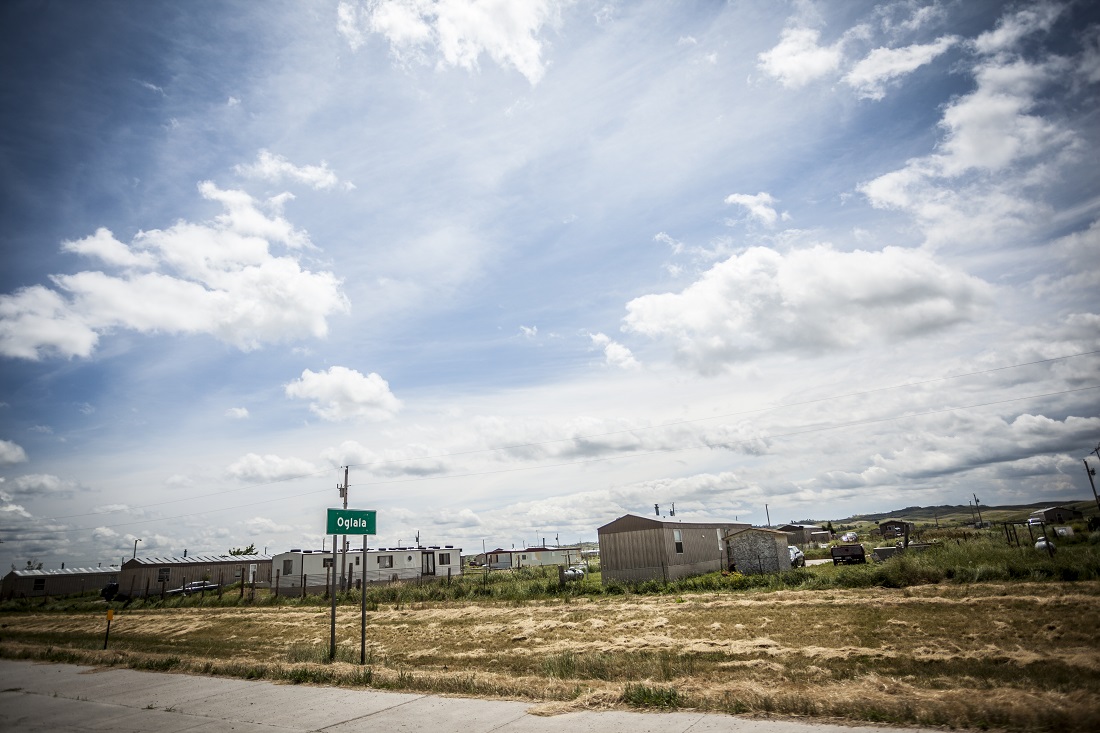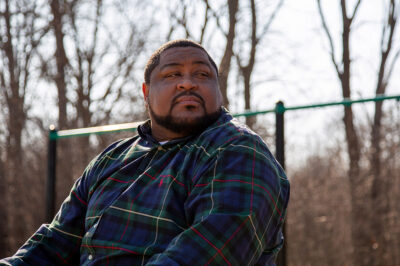South Dakota Parents and Tribes Sue Over Unlawful Separation of Children From Families
Indian Parents Were Not Given Adequate and Timely Hearings and Were Systematically Deprived of Basic Rights, ACLU Says
March 21, 2013
FOR IMMEDIATE RELEASE
CONTACT: (212) 549-2666; media@aclu.org
RAPID CITY, S.D. – Three Indian parents and two tribes in South Dakota filed a class-action lawsuit today over repeated violations of their fundamental rights during the separation process of children from their families by state officials.
The children were removed from their homes without their parents or tribes getting timely, fair and adequate hearings, as required by law. Most parents waited at least two months for the hearing, and some were unfairly coerced into waving their right to such a hearing.
"It is disturbing how often Indian children are separated from their parents, tribes and communities based on flimsy evidence," said Stephen Pevar, senior staff attorney with the American Civil Liberties Union's Racial Justice Program. "Whenever a family goes through the difficult separation process, state officials must ensure people's fundamental rights are not thrown out the window. These children, parents and tribes are entitled to more by federal law."
The ACLU filed the lawsuit along with the ACLU of South Dakota and Dana Hanna of the Hanna Law Office in Rapid City. The lawsuit was filed on behalf of three parents in Pennington County, as well as the Oglala Sioux Tribe and the Rosebud Sioux Tribe, which are federally recognized Indian tribes with reservations in South Dakota.
"After years of complaints, South Dakota has failed to address the systematic practices of removing Indian children from their homes," said Robert Doody, executive director of the ACLU of South Dakota. "This lawsuit seeks to address these unconstitutional and harmful policies, and will hopefully prompt state officials to finally start following the law and respecting people's basic rights."
The complaint cites widespread violations of the Fourteenth Amendment's due process clause, as well as the Indian Child Welfare Act, which was enacted by Congress in 1978 in large part because of the great need for Indian tribes to keep their children in Indian homes. While family separation can be traumatic for anyone, it can be particularly difficult for Indian children because it often leads to placement with non-Indian families, and therefore cultural separation.
When children are removed from their parents based on accusations of neglect or abuse, a meaningful hearing should typically be held within about a week in order to determine whether temporary custody should be extended. Instead, Pennington County officials hold a cursory hearing within 48 hours that sometimes lasts no more than a minute, during which all of the documents are kept secret from the parents and they are not allowed to introduce any evidence, according to the complaint. The children are then removed for at least two, and sometimes even three months.
Most parents are also unfairly coerced by the court to "work with" the state Department of Social Services, which essentially authorizes the department to retain the children for at least two months under whatever terms it wants. The complaint gives examples of how DSS fails to work with parents in any meaningful sense, such as by not providing any counseling or information on treatment programs, and in some cases even worsening the situation by telling parents not to discuss the cases with their children. All six of the children whose mothers are filing this lawsuit suffered emotional and psychological harm as a result of removal by DSS from their homes.
The lawsuit was filed in the U.S. District Court for the District of South Dakota in Rapid City against various state and local officials, including the secretary of DSS, the state's attorney for Pennington County, the official in charge of the Pennington County Office of Child Protection Services, and the presiding judge of the Seventh Judicial Circuit Court.
More information about the case, Oglala Sioux Tribe v. Van Hunnik, including a copy of the complaint, is at: aclu.org/racial-justice/oglala-sioux-tribe-v-van-hunnik
Stay Informed
Sign up to be the first to hear about how to take action.





